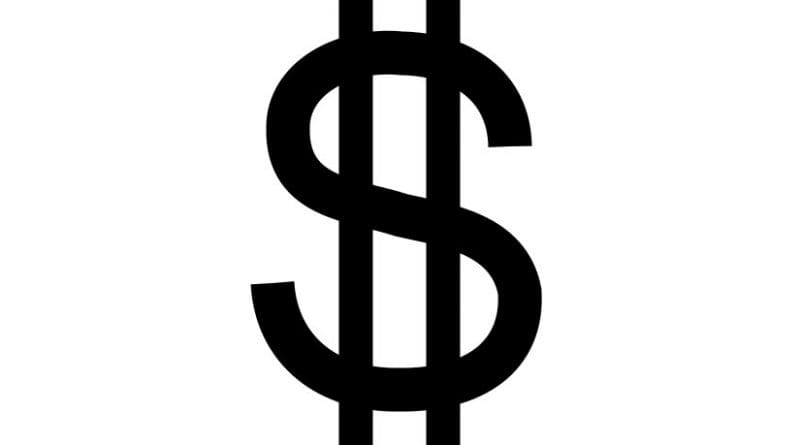The Tax Plan That’s Better Than Cain’s, Perry’s Or Gingrich’s – OpEd
By Selywn Duke
Bold tax reform is front and center this campaign season. First Herman Cain made waves and poll headway with his 9-9-9 tax plan, which involves national 9-percent taxes on personal and corporate income and a 9-percent national sales tax. Now Rick Perry has followed suit with a 20-percent flat-tax plan, and Newt Gingrich has gone 5 better, with a 15-percent flat proposal. And these ideas certainly haven’t fallen flat: tax reform is immensely popular among the Republican base.
Yet there has been criticism, too – at least of Cain’s plan, the only one around long enough to be criticized. Many are concerned about giving the feds another vehicle – a sales tax – through which to fleece us. Sure, 9-9-9 sounds good, but what is to stop it from becoming 10-10-10, then 11-11-11 and ending up as 30-30-30? Yet, national sales tax or not, this threat looms with any plan; what is to stop Perry’s 20 percent or Gingrich’s 15 from becoming 40? Remember, the one-percent income tax sounded good, too, in 1913, but consider what it has morphed into.
So, yes, this threat exists with any plan.
That is, except one.
The plan I’ve been proposing for years.
Politicians will always A, find ways to raise taxes; and B, invent new, furtive ways of fleecing us (i.e., hidden taxes). Thus, any effective tax proposal will address these two problems. And the following two-pronged plan is the only one that does.
National Referenda on All Tax Proposals
We generally get bogged down arguing about numbers, 9-9-9, 20, 15, etc. Is it too high? Too low? Is it revenue-neutral? But all this misses the point. Once again, this isn’t mainly about numbers because, with ever-rapacious politicians, the numbers aren’t set in stone.
It’s about who will control those numbers.
And who should control this “power to tax” that “is the power to destroy,” as Chief Justice John Marshall put it? Those whose money would be taken – those who could be destroyed – should. This is why I propose national referenda on all tax proposals.
In other words, the politicians could propose any tax increase they wanted. But it would then have to go up for a vote of the people. And if it didn’t pass, the statists would have to find a way to get their votes other than by purchasing them.
As to the formula, I’d prefer that a tax measure have to pass by a two-thirds margin and not just a simple majority, but this could be debated. Also, the language of the law would have to prohibit the sneaky pols from instituting taxes under a different name, such as “surcharges” or “levies.”

